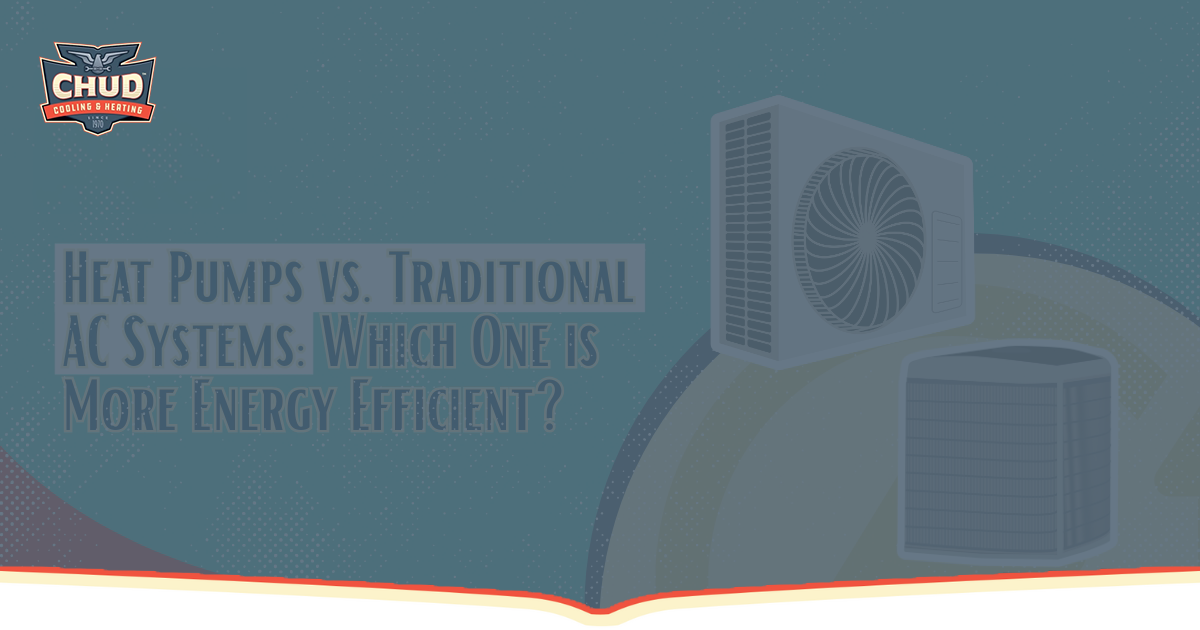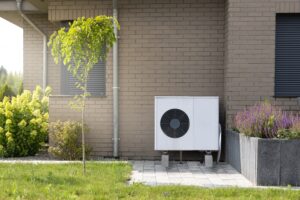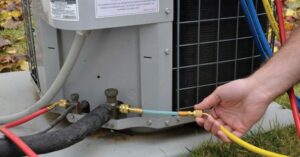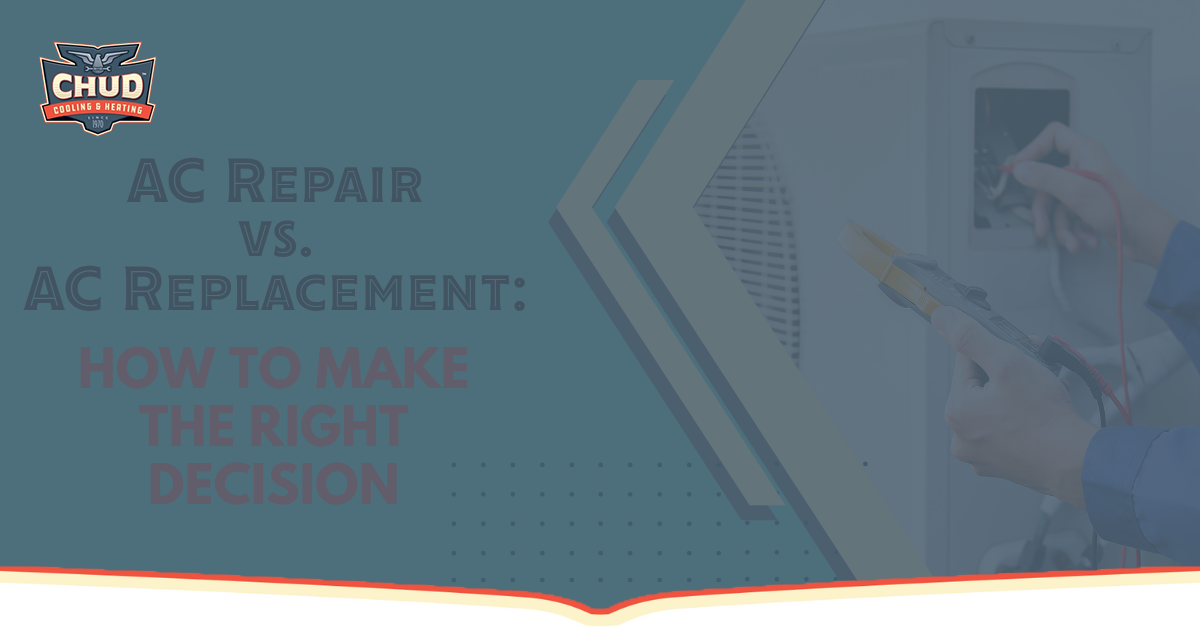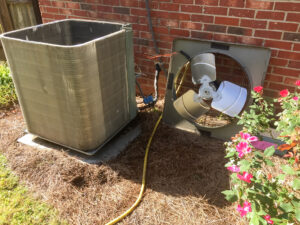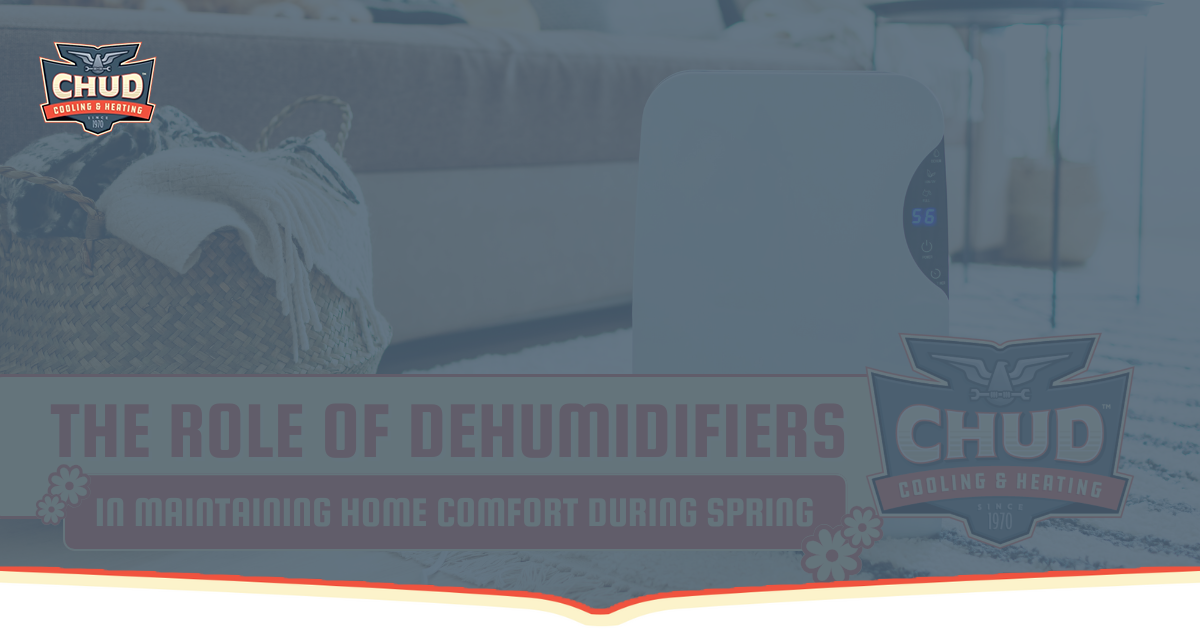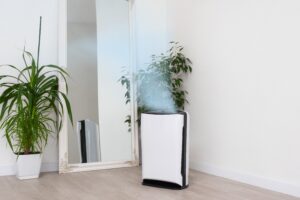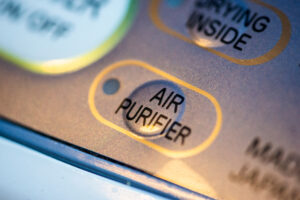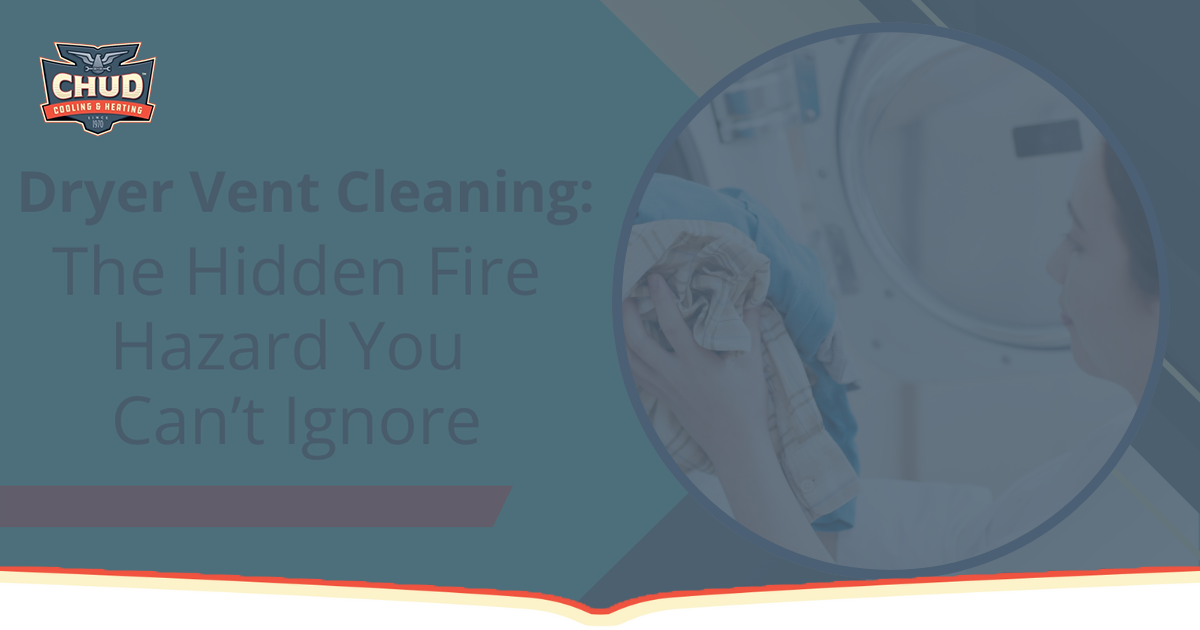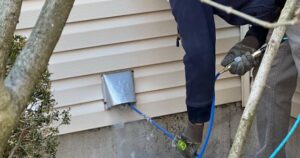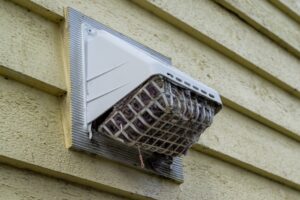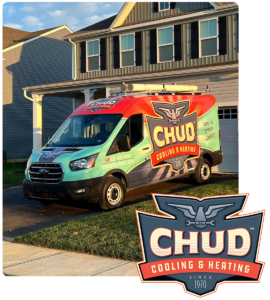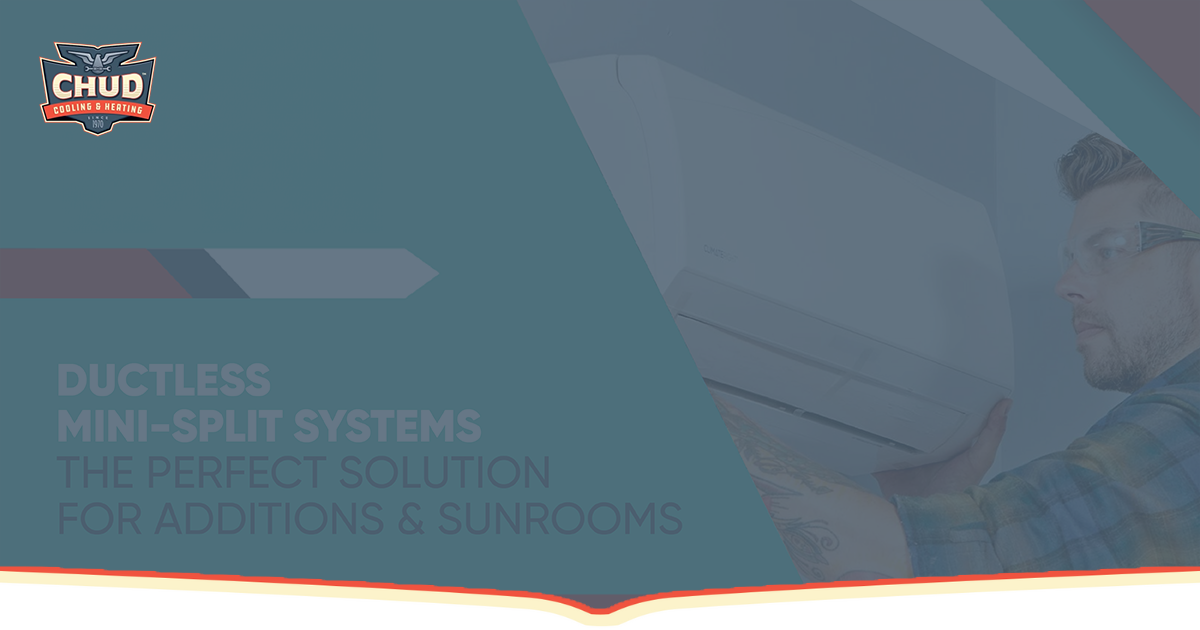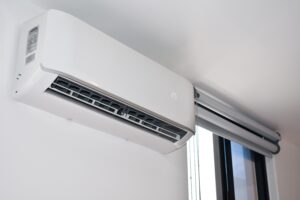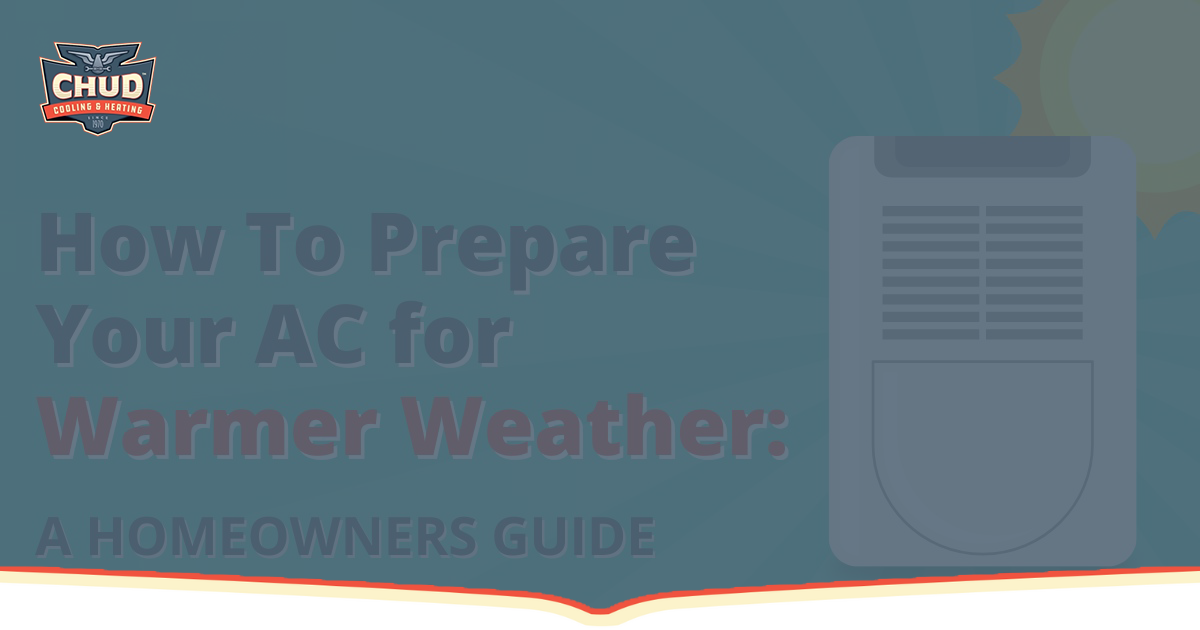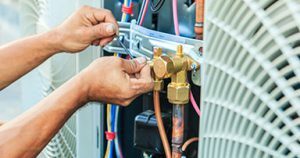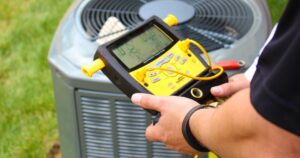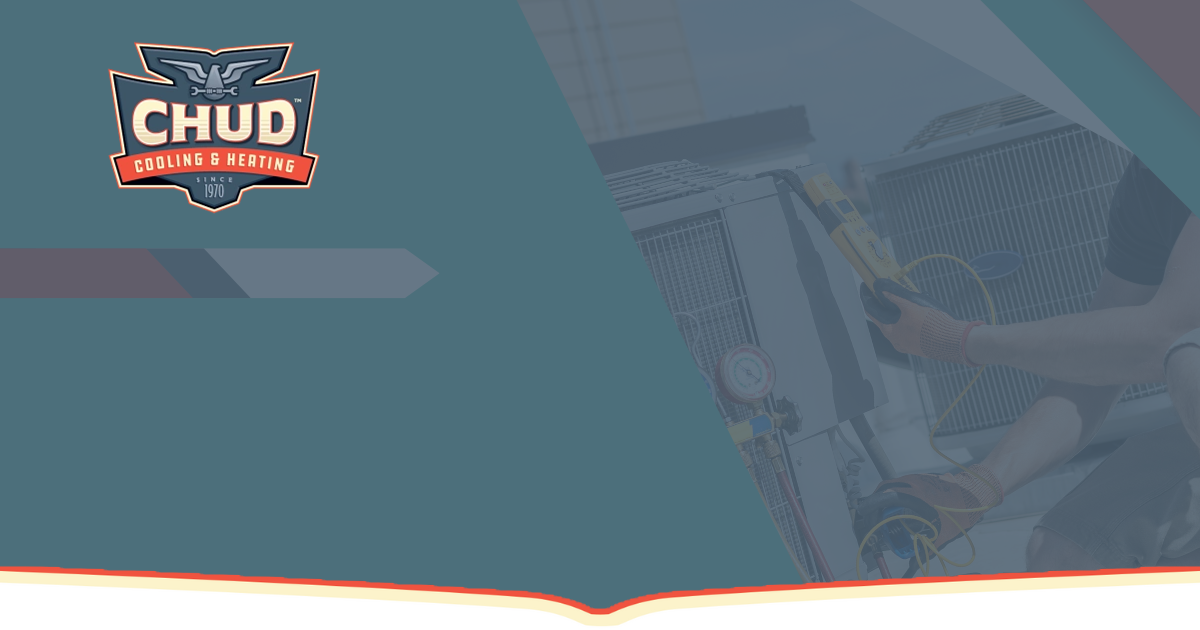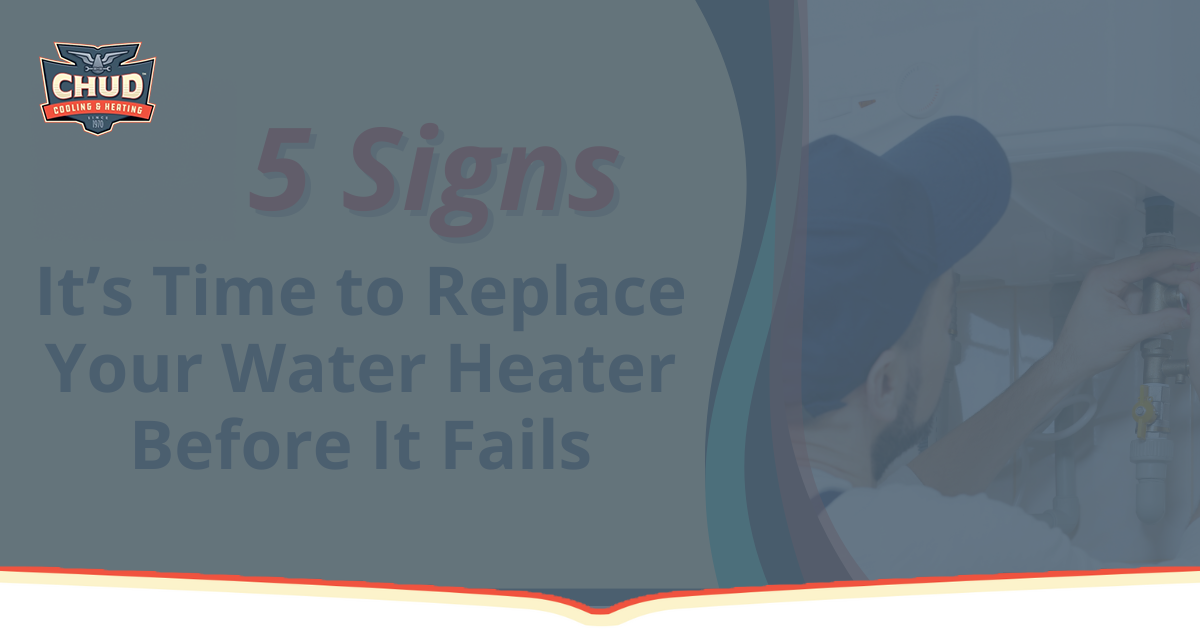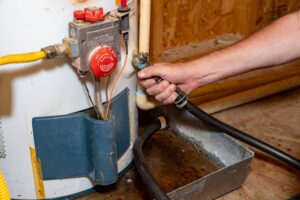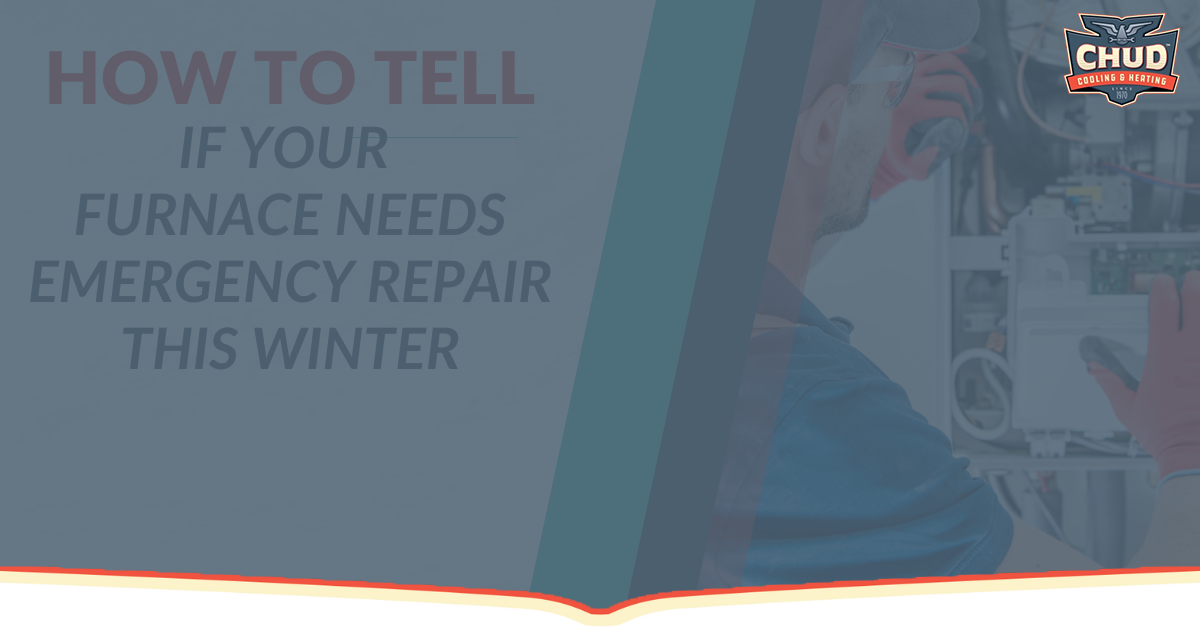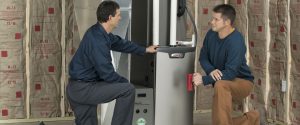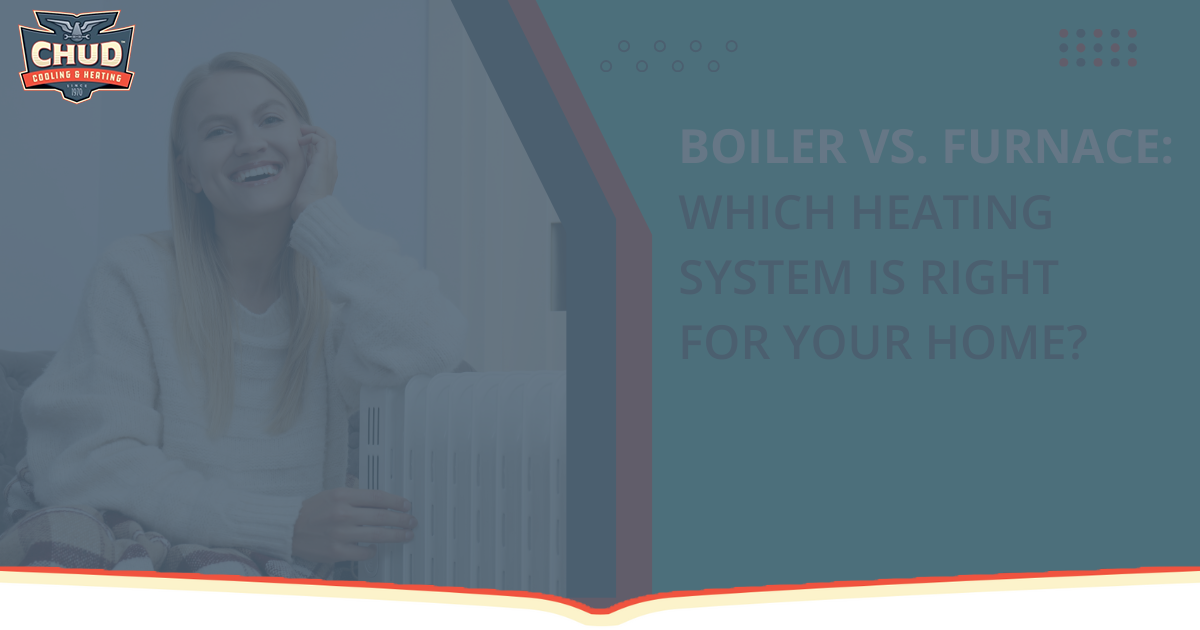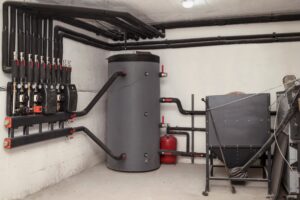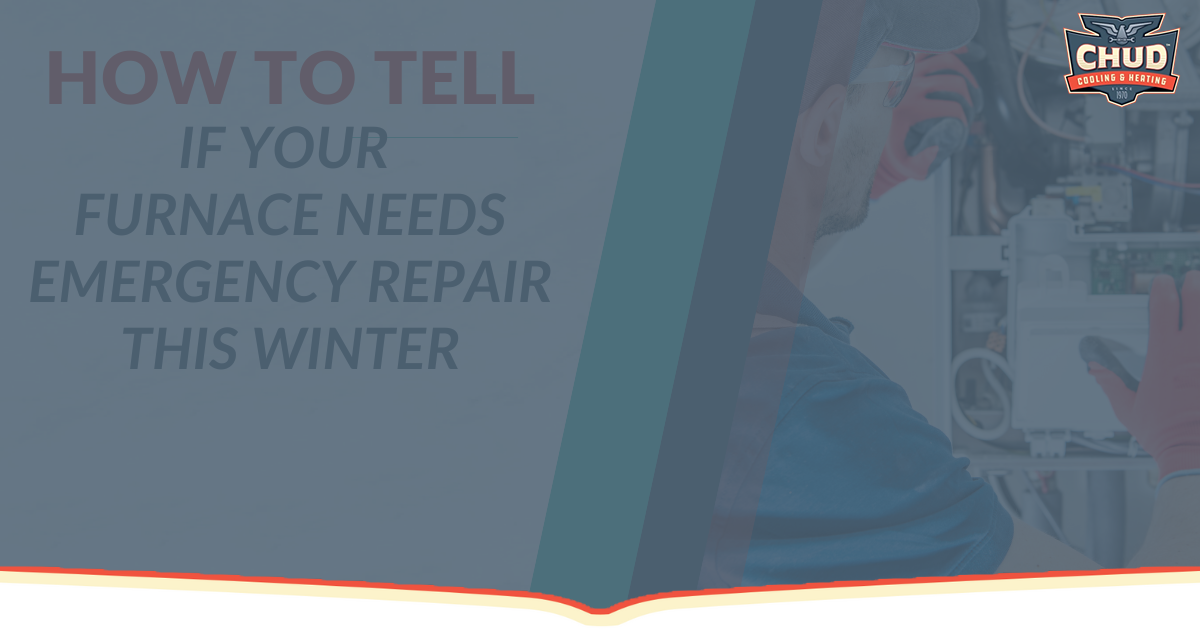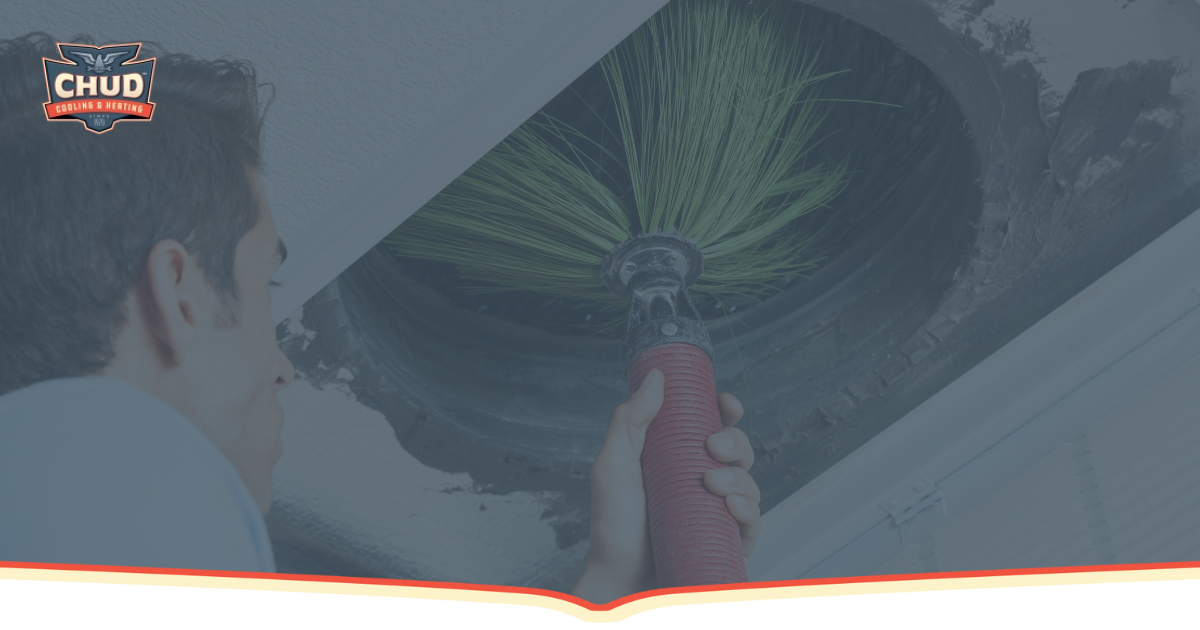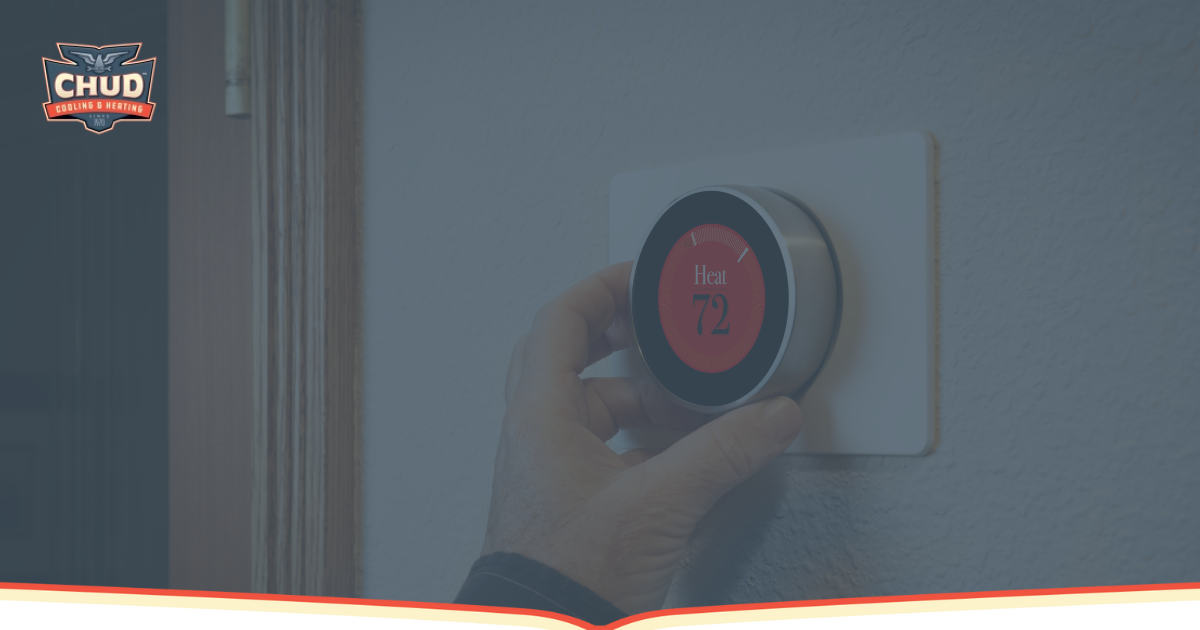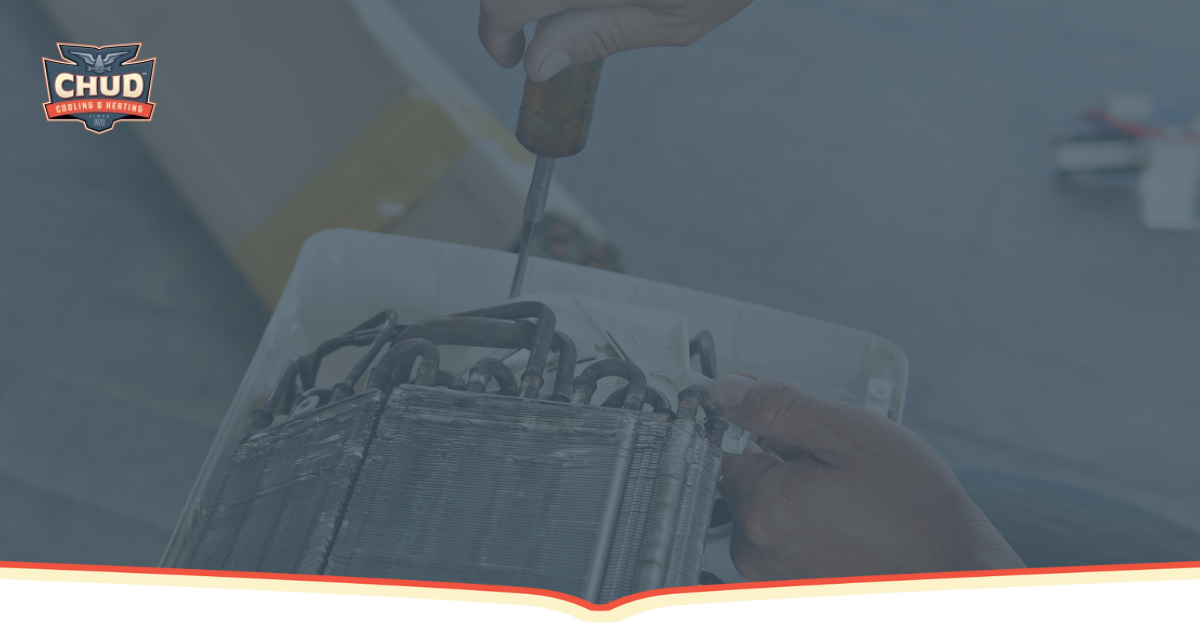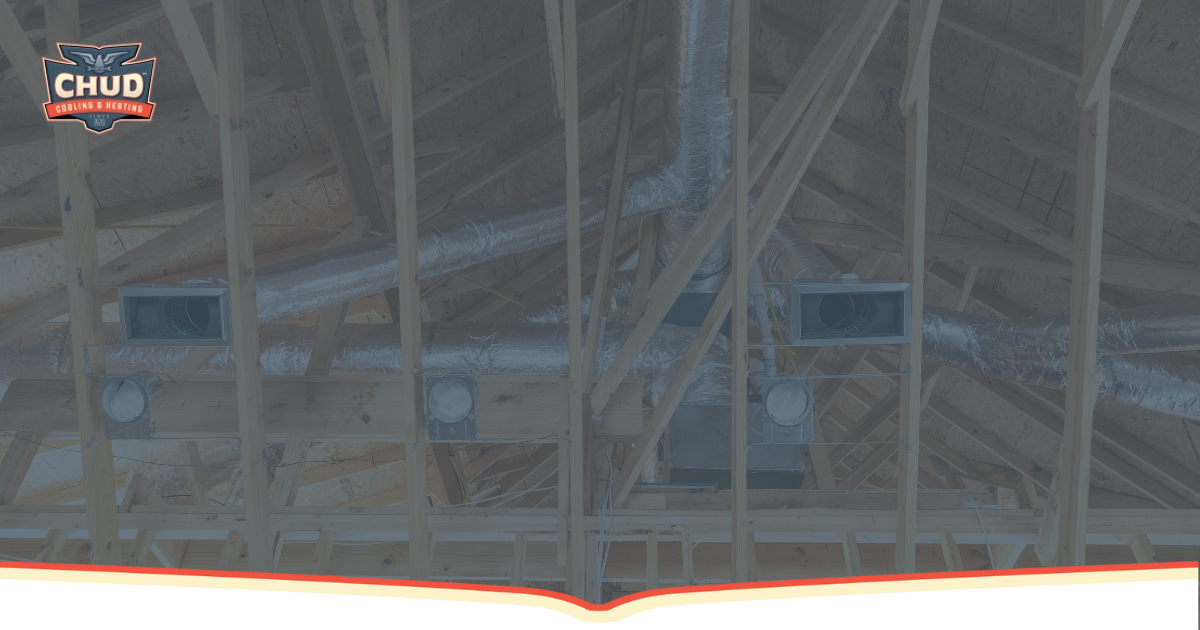Understanding the Advantages of Tankless Water Heaters
No matter where you live in Bucks County, PA, having consistent and reliable access to hot water is important for everything from bathing to cooking and laundry. One of the most popular products available to homeowners today is tankless water heaters. These compact water heaters provide instant hot water without taking up a lot of space.
If you’ve been considering an upgrade, the experts at Chud Cooling & Heating offer valuable insights into the benefits of tankless water heaters to help you choose the best option for your home.
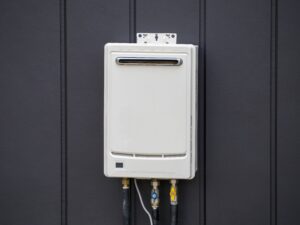
What Is a Tankless Water Heater?
What is a tankless water heater, and how does it work? As the name implies, these water heaters don’t use a traditional storage tank. Instead, this small unit is typically mounted to a wall and immediately detects when you turn on your hot water. The tankless water heater contains a special heating element designed to provide instant, constant hot water the minute you need it. These water heaters may use natural gas or electricity as an energy source, depending on your needs and your home’s setup.
Top Benefits of Tankless Water Heaters
There are numerous benefits to this endless hot water system. Tankless water heater advantages include better energy efficiency compared to traditional tank water heaters, a compact and space-saving design, and more.
Endless Hot Water
Running out of hot water while bathing, showering, or doing dishes is frustrating. However, a tankless water heater supplies you with an endless amount of hot water for as long as you need it. If the hot water is turned on, you’ll get a consistent supply regardless of how long it’s on.
Energy Efficiency
Tankless water heaters provide hot water on demand, while traditional water heaters constantly run to maintain a full storage tank of warm water. Tankless water heaters don’t need to run all the time, making them a more energy-efficient water heater than traditional models. They also don’t need to reheat water like traditional water heaters, which may lose heat over time as the water sits idly in the tank.
Reduced Utility Bills
Using a tankless water heater helps you reduce water heating costs, saving you money on utility bills. According to the U.S. Department of Energy, tankless water heaters are approximately 24% to 34% more energy efficient than traditional water heaters in households that use around 41 gallons of hot water or less per day. Over time, this energy savings also results in significant cost savings for you.
Space-saving Design
A tankless water heater is a space-saving water heater due to its slim, compact design. They can be mounted in a closet, under a sink, in the kitchen, garage, and in many other areas to remain hidden without taking up floor space. If you live in a home where space is a premium, choosing a tankless water heater is a wise investment.
Longer Lifespan
In terms of lifespan, a tankless water heater is a long-lasting water heater. They typically last between 15 and 20 years or longer. Since they don’t need to store any water, there’s less wear and tear on the unit, resulting in a longer lifespan.
Eco-friendly Operation
Installing a tankless water heater is an eco-friendly water heating solution for your home. They’re small in size and use less energy to operate, reducing your household’s total energy consumption and carbon footprint. If you install an electric tankless water heater, you’ll also reduce carbon gas emissions, which is better for the environment. A longer lifespan also means less waste is sent to the landfill.
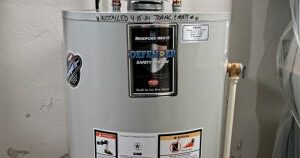
Tankless vs. Traditional Water Heaters
When it comes to a tankless vs traditional water heater, how do you know which one is right for you? Here are some of the pros and cons of both water heater types to help you decide.
Tankless Water Heaters
A tankless water heater gives you consistent hot water on demand and uses less energy than a traditional water heater. This means you’ll have a reliable, energy-efficient hot water source whenever you need it. They’re also much smaller and take up less space.
However, the upfront cost to install a tankless water heater is often higher than a traditional water heater. If your household uses a lot of hot water, the tankless water heater may struggle to keep up with the demand.
Traditional Water Heaters
A traditional water heater is less expensive and easier to install than a tankless water heater. However, they have a much shorter lifespan, around 10 to 15 years, compared to the almost 20 years of a tankless water heater.
Traditional water heaters also take up more space, use more energy to operate, and are prone to leaks and other issues. They also require more maintenance and care, which can cost you more money over time.
Professional Installation & Maintenance Tips
Remember these tips for professional installation and maintenance if you choose a tankless water heater:
- Choose an experienced company like Chud Cooling & Heating to make sure your new water heater is installed correctly and up to code.
- Ensure you select the correct model to meet your household’s average daily hot water demand.
- Choose a place that’s hidden yet easily accessible when installing a tankless water heater.
- Tankless water heaters still require routine maintenance, which includes occasional flushing to remove mineral buildup and filter changes.
- Schedule regular tankless water heater inspections as part of a preventative maintenance plan.

Contact Chud for Tankless Water Heater Services
If you’re looking to save money and space, want a more eco-friendly hot water solution, and need to upgrade, a tankless water heater could be right for you. The trusted experts at Chud Cooling & Heating are available to install a new tankless water heater in your Bucks County area home. Contact us today to learn more or to schedule a tankless water heater service.

